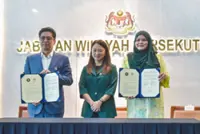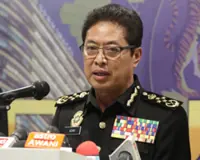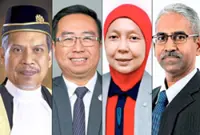Dr Zaliha (left) addressing concerns by the elderly community and stakeholders during a moderated forum at Institut Latihan DBKL in Kuala Lumpur. — Courtesy photo
Dr Zaliha: Community input, holistic approach key to elderly care strategy
KUALA Lumpur is set to develop a comprehensive action plan to address the multifaceted needs of its growing elderly population.





